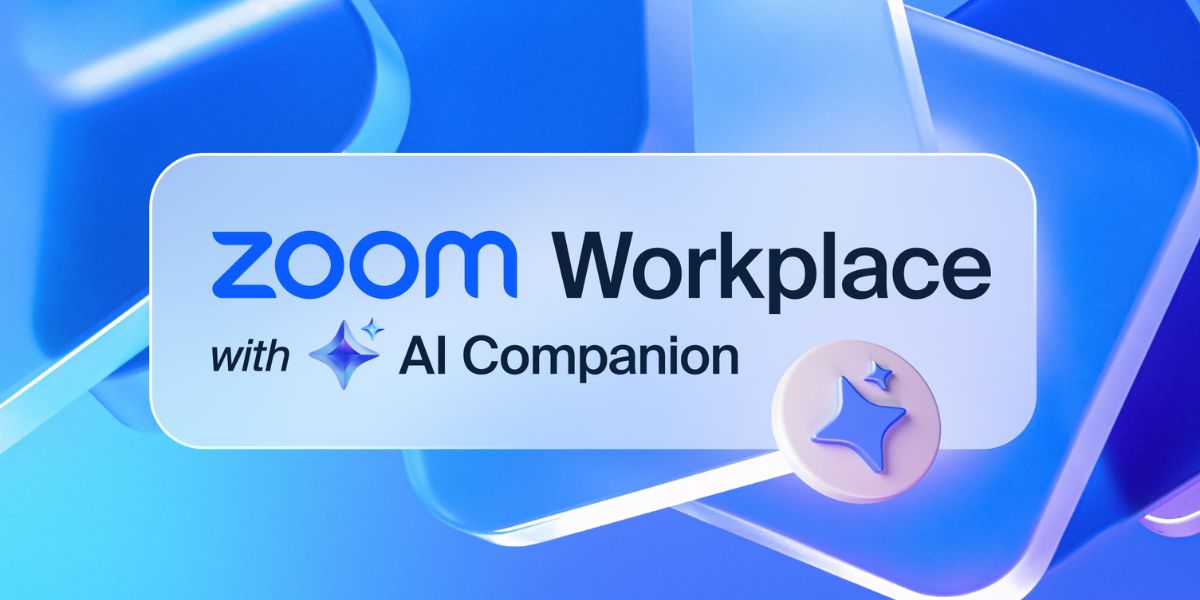Zoom, best known for developing videoconferencing software that helped corporate workers get through the coronavirus pandemic, wants to be regarded as an AI-first firm, according to CEO Eric Yuan in a company blog post published Monday announcing a big redesign.
The company that was formerly known as “Zoom Video Communications Inc.” will now be known simply as “Zoom Communications Inc,” according to the article, as the company concentrates on an AI-first approach to corporate communications.
The business defines an AI-first approach as “taking a federated approach to building AI-centric tools and products that enable you to work happier, smarter, and faster,” according to the blog post.
“Woven throughout Zoom Workplace, AI Companion frees us up to focus on more important work and minimizes time wasted on less meaningful tasks,” according to the organization. “By summarizing meeting tasks, drafting email responses, and preparing you for meetings, AI Companion is your digital assistant that reduces your over.”
It said that the new capabilities seek to “free up a whole day’s worth of work and allow you to work just four days per week.”
Big money in the AI business.
Zoom isn’t the only startup rethinking its business model and marketing strategy in light of the industry-wide AI surge.
Major technology companies, including Amazon, Google, and Meta, are investing heavily in artificial intelligence.
According to Morgan Stanley, Amazon, Google, Meta, and Microsoft are likely to invest around $300 billion in AI-related capital expenditures next year, with even larger investments expected in 2026.

According to Securities and Exchange Commission filings, Microsoft made its first disclosure of a $13 billion equity investment in OpenAI on October 30. It previously portrayed its engagement with OpenAI as a partnership rather than an equity investment.
“We have a long-term partnership with OpenAI, a leading AI research and deployment company,” Microsoft stated in its annual SEC filing in late July. “We deploy OpenAI’s models across our consumer and enterprise products.”
Sundar Pichai, CEO of Google, stated that AI generates more than a quarter of all new code developed at the company.
In October, during Google’s Q3 earnings call, Pichai stated that employing AI for coding was “boosting productivity and efficiency” within the company. Employees inspect and review the code after it has been generated, he explained.
In a recent episode of The Wall Street Journal’s “Future of Everything” podcast, Salesforce CEO Marc Benioff addressed why he considered renaming his customer service software company to better represent its AI focus.
However, not every company’s AI plan has gone smoothly.
Microsoft’s flagship AI product, Copilot, had a stumbling start when it was introduced last September. When the management company Gartner conducted a study of 123 IT leaders in October, only four felt Copilot added considerable value to their organizations.
Zoom representatives did not immediately respond to Business Insider’s request for comment.


